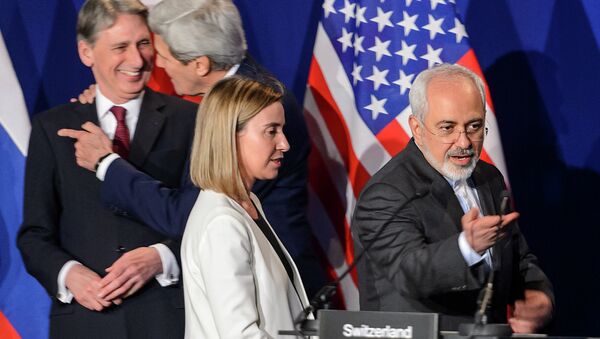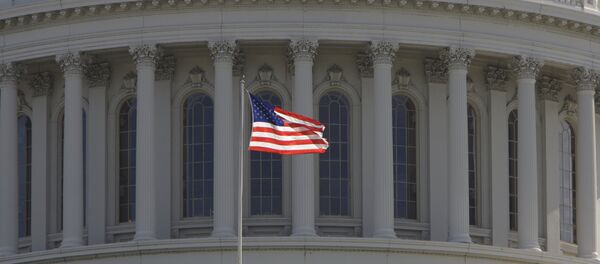“If the framework agreement that has been announced is indeed completed and followed through, this will have a substantial positive impact not only on the economy of Iran, but also on the economies with which Iran trades in the region and elsewhere,” Ahmed said aid at the IMF-World Bank Spring Meetings gathering.
While the agreement will benefit Iran’s economy, internal policies Tehran has implemented on its own will also play a key role.
“If you look at what’s been happening in Iran over the last couple years, you see a combination of prudent macroeconomic policies and easing from the interim agreement which have led to stabilization,” Ahmed explained.
As a result of the policies, Ahmed argued, inflation in Iran is down from 40 percent to 16 percent while the country’s economy is expected to grow by 3 percent.
Ahmed warned, however, that there was still a lot of work left to be done to reform Iran’s industrial policies and infrastructure.
On April 17-19, 2015, the IMF and World Bank are holding their annual Spring Meetings in Washington, DC to discuss issues like global poverty alleviation, development projects, economic growth and financial reforms.




